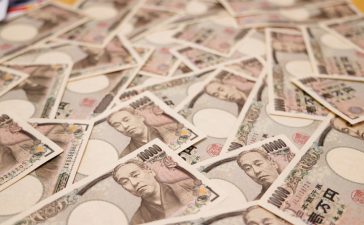The South Korean won has shed 9.4% this year, while the Philippine peso, the Malaysian ringgit, and the Indian rupee were all set to weaken between 2% and 6%
Most Asian currencies were on course to end the second year of the pandemic on a negative note, with the Thai baht eyeing its worst year in two decades as the tourism-reliant economy remained under pressure due to the virus-induced travel curbs.
The South Korean won has shed 9.4% this year – its worst performance since 2008 – while the Philippine peso, the Malaysian ringgit, and the Indian rupee were all set to weaken between 2% and 6%.
However, the Taiwan dollar and China’s yuan were chasing an over 2% gain over the year, with the yuan set for a second year of gains and becoming the best performing currency in the region.
China’s yuan, trading at 6.375 per dollar on Friday, was eyeing a 2.4% appreciation on the back of strong trade surpluses and robust portfolio inflows over the year despite overall strength in the U.S. dollar.
Analysts at Australia and New Zealand Banking Group (ANZ) expect the yuan to remain resilient against the dollar despite the Federal Reserve’s hiking cycle next year, and see the currency firm further to 6.30 per dollar by the end of 2022.
However, analysts at Dutch-bank ING said they expected the yuan to be more volatile. Portfolio inflows could slow into 2022 if easing of virus-led curbs looked less likely, leading to the volatility ‘in the face of an increasingly hawkish Fed’, they said.
In Southeast Asia, the Thai baht finished the year 11.4% weaker, its worst year since 2000, as the economy remained under pressure from a delayed recovery in tourism, a key source of revenue for the country.
ANZ analysts see the baht appreciating towards 32.10 by the end of next year, helped by foreign portfolio inflows assuming travel restrictions ease and tourism recovers.





